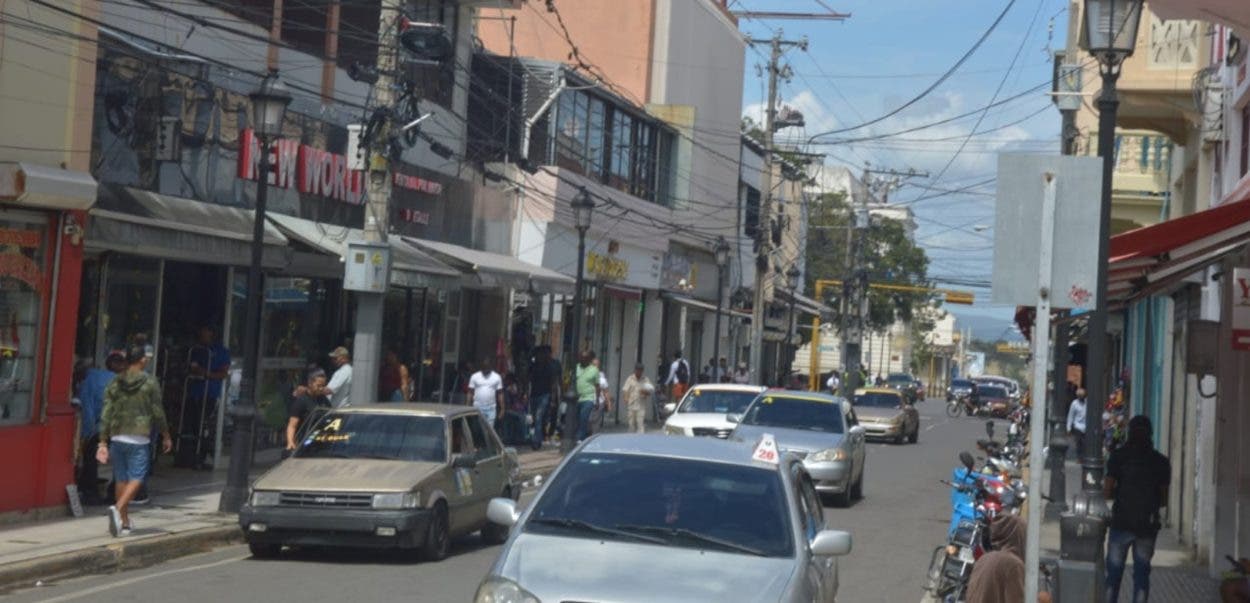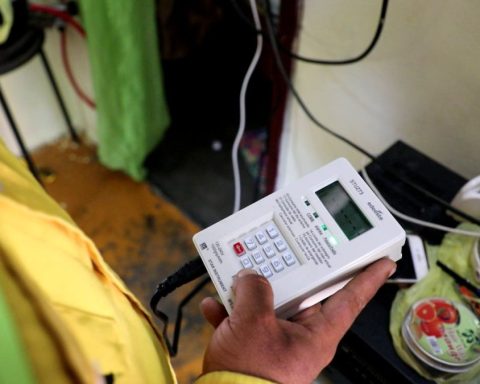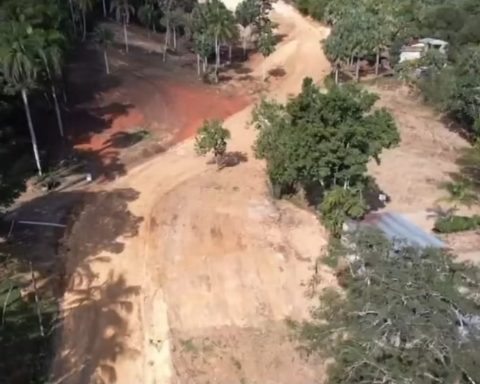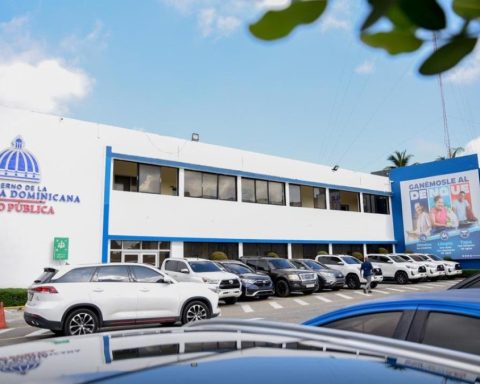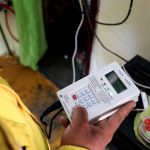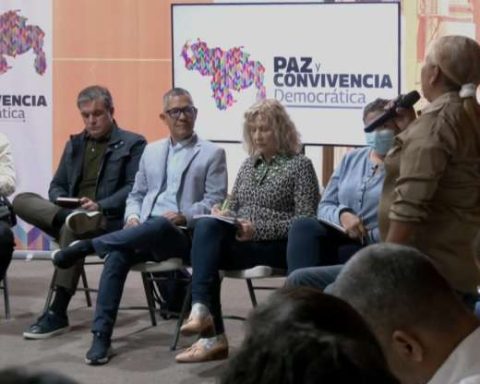SANTIAGO.- The activities of commerce, schools and transport were practically normal at noon this Monday in the 14 provinces of the north of the country, at the beginning of the strike called for 24 hours by the Coalition of Social, Feminist and Environmental Organizations of Cibao.
However, despite the reports received, through several communicators, at mid-morning that entity offered a press conference in this city assuring that, until that moment, the citizens were supporting the strike “in a forceful way.”
Osvaldo Brito and Raquel Rivera, main spokespersons for the coalition, spoke at the press conference, held at the Cibao Women’s Coordinator.
They assured that the activities of public transport, commerce and educational work, both in the public and private sectors, have been affected.
In this city, most commercial establishments (mainly those located in the so-called “urban area”) opened their doors, although until the time of writing this news, a reduction in customers was noted, compared to normal days.
You may be interested in reading: Strike takes place partially and peacefully in Cibao
In this area, the reinforcement of police surveillance is notorious, both on foot and with motorized units, while public transport vehicles circulate on routes A, P, G, K, N, RPA, ZP, H, B, L, and the Metropolitan Office of Bus Services (OMSA).
In the early hours of the morning, there was almost no passenger transport to Hato del Yaque and La Canela, among other communities in the southwestern part of the city.
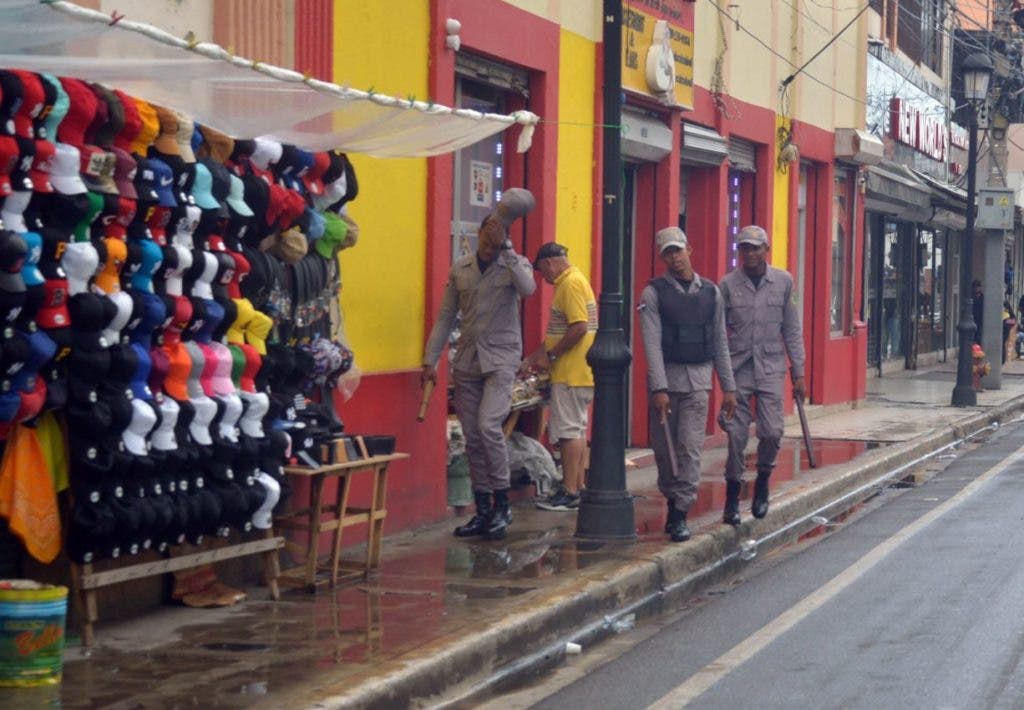
From Dajabón, where the binational market is held on Mondays and Fridays, it was reported that this activity was taking place normally, as well as other activities.
Montecristi was calm and public transport from Santiago Rodríguez to Santiago and Santiago Rodríguez-Dajabón were active but with very few passengers. In the Moca municipality, most businesses closed their doors and public transportation was minimal.
Puerto Plata
Enrique Vargas, a correspondent for El Nacional, reported that this city woke up with reinforced police and military surveillance.
He said that the schools and markets were working normally, also the urban and intercity carriers were still working.
The drivers who cover the Puerto Plata-Sosúa, Puerto Plata-Imbert routes did not heed the call to strike, although they assured that there are sufficient reasons to carry out the stoppage.

José Oscar Rojas, general secretary of the Puerto Plata-Yásica-Santiago driver’s union, declared that they were not called for a strike, but said that the demands are fair.
In Licey al Medio traffic was fluid and shops were closed.
While in San Francisco de Macorís and Navarrete some schools were closed and there were some protests.
Lawsuits
Among the demands of the popular organizations are the reduction of the prices of the family basket, fuel and electricity, the non-construction of hydroelectric dams in Las Placetas and Boca de los Ríos.
Also, the organizers of the strike in the Cibao, demand a general increase in wages in the public and private sectors, generalized and efficient service of drinking water.
In addition, the preservation of the environment, satisfaction of the social demands of infrastructure in the communities: hospitals, aqueducts, schools, sidewalks and curbs, streets and highways, among others.
By Ricardo Rodriguez Rosa and Maxwell Reyes
